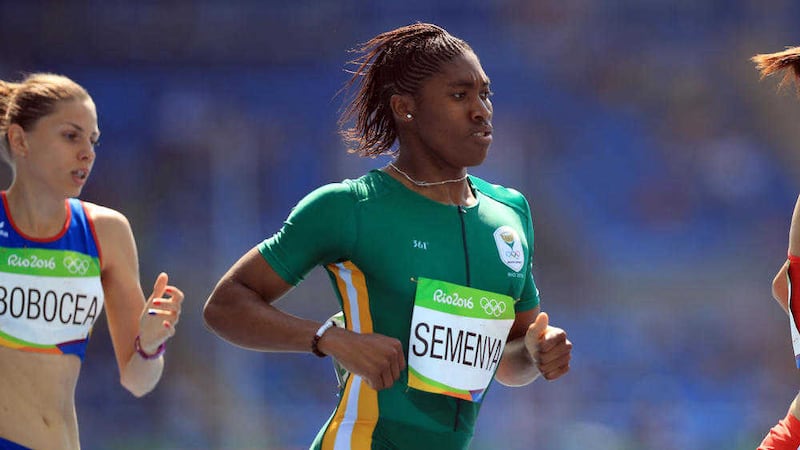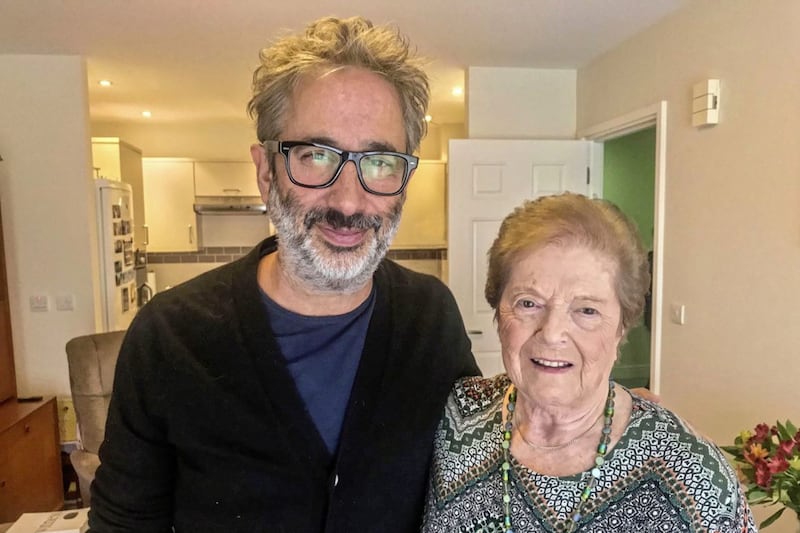Rio Olympics 2016, BBC 1, 2 and 4
To label the Russians as the villains of the Olympics is to imply that the aim is to have fair competition between everyone else.
If the Russians were banned from the games for drugs cheating, there would then presumably be a level playing field between all the other nations, where those with the most talent and the best work attitude would win.
But this then poses the question - what is fair?
It is no coincidence, for instance, that the medal table is made up of the richest counties in the world.
Of the top ten, eight are members of the G12 rich countries club and the other two are superpowers China and Russia.
After the embarrassment of the Atlanta Games, where just one gold medal was won by the GB team, the British government decided to invest in success.
It has been estimated that each medal at Rio cost the taxpayer £5.5 million, with UK Sport allocating £350 million between 2013 and 2017.
In seems you can effectively buy victory.
No wonder the entire continent of Africa had only six gold medals by Thursday (four of these to Kenyan runners) compared to 19 for the UK.
There was no mention of this reality on any of the BBC coverage I saw.
There was much discussion of the successful investment by the British government and how UK Sport was “brutal” in rewarding successful sports and reducing funding to sports which failed to collect medals, but no reference to fairness.
You could suggest that - like in election campaigns - countries should be limited in the amount they can spend on their athletes.
But some things are just impossible to make ‘fair’.
Kenyans make great runners because of their culture of running as children and the capacity of their lungs is increased by living at high altitude.
Other countries get year-round sunshine to practice in or a culture of success in a particular sport.
Some athletes have a natural advantage in their make-up.
The case of 800m runner Caster Semenya is a fascinating example of how trying to legislate for fairness is impossible.
She has naturally occurring testosterone levels of three times the norm for a woman, no ovaries or womb and internal testes.
Yet she identifies as a woman and is the best in the world at her sport.
The South African has been the subject of tests, court cases and, at one point, enforced testosterone reduction, but banning her would be like making the British spend less and forcing the Jamaicans to give up sprinting.
*****
Inside The Factory: Bicycles, BBC 2, Tuesday at 8pm
Gregg Wallace looks like he’s spent a lot of time on gym bikes since his early days on Masterchef, but he knows little about the real thing.
In the second series of Inside The Factory, Wallace and co-presenter Cherry Healey have moved away from food production and somehow landed on bicycles.
Brompton, the British folding bike, is one of the most successful manufacturers in the world and theoretically the goings-on in their west London factory which produces 150 machines a day could be interesting.
The producers tried hard, with Wallace sent off to ‘build’ his own Brompton on the factory production line, Healey getting riding lessons from Cycling Team GB and Ruth Goodman giving us some of the history of bicycles and their involvement in the suffragette movement.
Unfortunately Wallace tried to make up for his lack of knowledge with the traditional TV presenter solution - annoying fake excitement.
Just imagine what Guy Martin would have done with 60 minutes at the home of an iconic bicycle brand.








